Why Shift Now
People experiencing the first and worst consequences of the climate crisis have always known what they need. Those closest to the problem understand the solutions better than anyone. However, traditional policy making has often led to false solutions because it makes assumptions about the needs and challenges these communities face.
At the same time, governments across the country are committing to ambitious climate goals that require better buildings. In January 2022, the White House Council on Environmental Quality launched the National Building Performance Standards Coalition, with more than 30 local and state governments committing to take aggressive action to work with community and regulate buildings and their impact on the environment. The Building Infrastructure Law and the Inflation Reduction Act offer funding that can scale this work while proving a community-centered model of policymaking.
IMT and the People’s Climate Innovation Center are bringing together a coalition of local governments and communities to unite and resource these needs. We aim to rectify traditional, siloed processes by partnering with Community Based Organizations (CBOs) that are already engaged in deep listening in their communities and ensuring their perspectives and expertise are not only considered in the policy design and implementation process, but also given the weight and room to exist outside the world of policy.
Community Climate Shift seeks to unlock the transformative solutions that emerge when communities have real input and co-governance of priorities and resources. This will require significant long-term investments from funders, and coordination with technical partners, cities, and other stakeholders.
Our Approach

Shattering Policymaking Silos
Community Climate Shift aims to rectify traditional, siloed policy processes by working alongside community-based organizations (CBOs) already deeply engaged with their communities. Our purpose is to ensure their perspectives and expertise are not only listened to but are the driving force in the policy design and implementation process, honoring their expertise and experiences.

Centering Community-Driven Solutions
Our approach gives community leaders direct access to policymakers, and guides policymakers in specific actions they can take to make building decarbonization strategies more inclusive and just.
We are specifically focused on the role buildings play in climate and communities, and the unique opportunity to leverage climate action toward better buildings in a way that also sets precedent for better policymaking that is rooted in community priorities.

Leveraging the Power of Partnerships
We seek to unlock the transformative solutions that emerge when communities have real input and co-governance of priorities and resources. Our goal is to activate and support a network of partners to collectively center climate justice and create processes that enhance community power and produce community-owned resources and policymaking.
Our Partners
Building Equity in Climate Solutions
The role of Building Equity in Climate Solutions (BECS) is to inform how resources get allocated and prioritized for CCS, ensuring the majority of resources raised are going toward carrying out the priorities of CCS work in service of our frontlines communities. BECS is composed of varied community-based organizations working at the intersection of climate justice and equitable decarbonization.

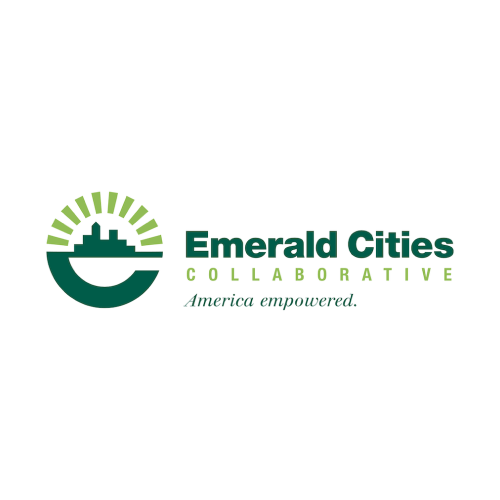
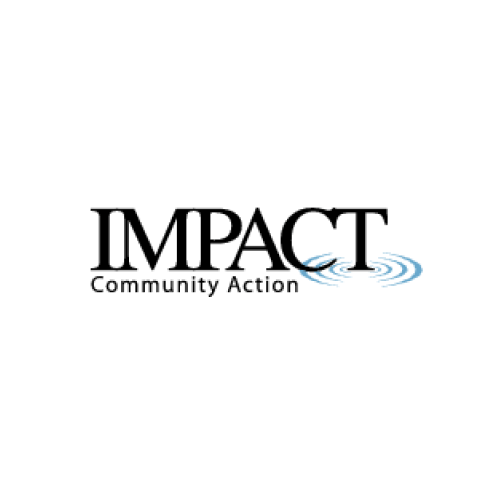

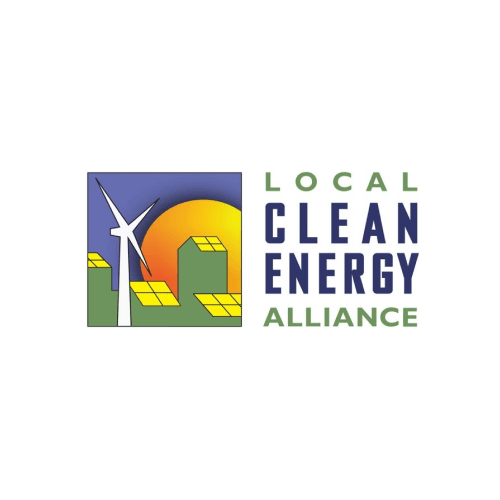



Equitable Decarbonization Collaborators
Equitable Decarbonization Collaborators are partner organizations that have expertise in different issues surrounding the built environment. They are non-profit organizations that specialize in things like building electrification, workforce development, affordable housing, energy efficiency, etc. while also applying equity as a core principle in their programmatic frameworks.
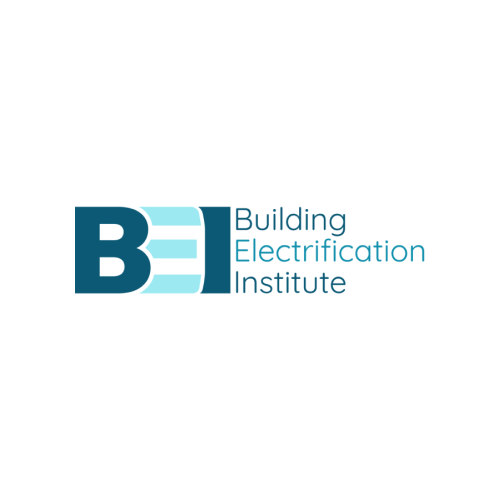

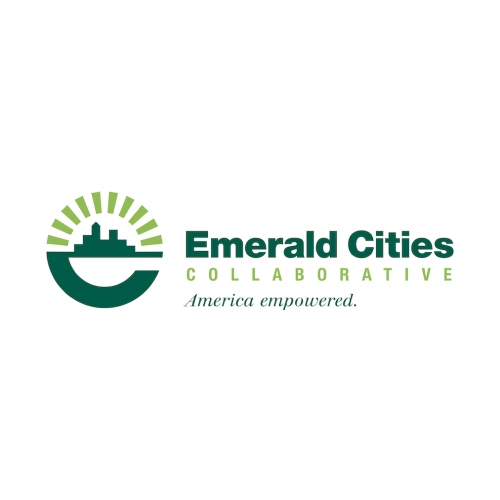

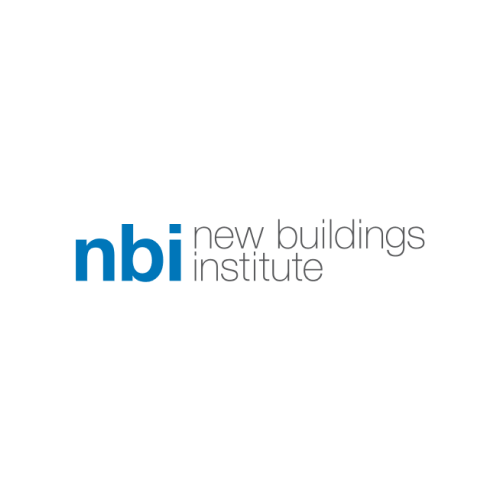
Join the Shift
We invite you to join us in the transformative shift to community-lead climate action. To learn more about the project and how you might get involved, email contact@communityclimateshift.org.